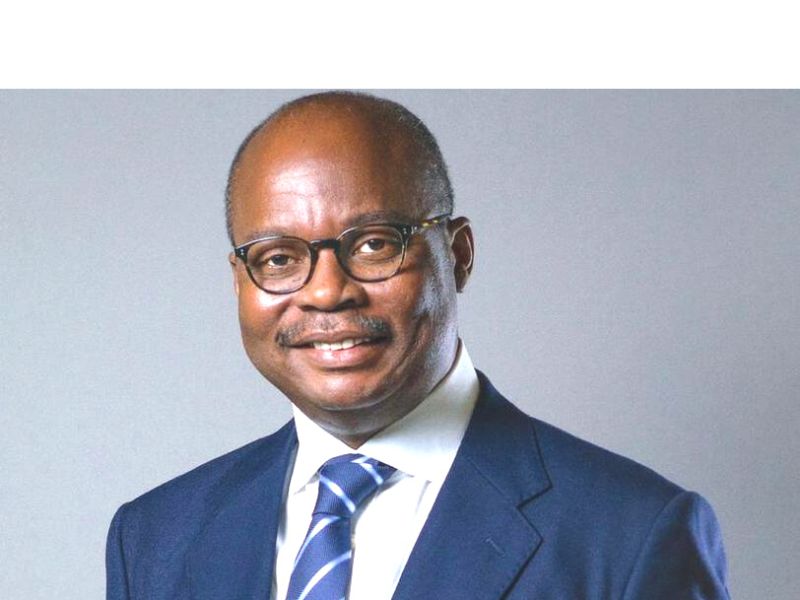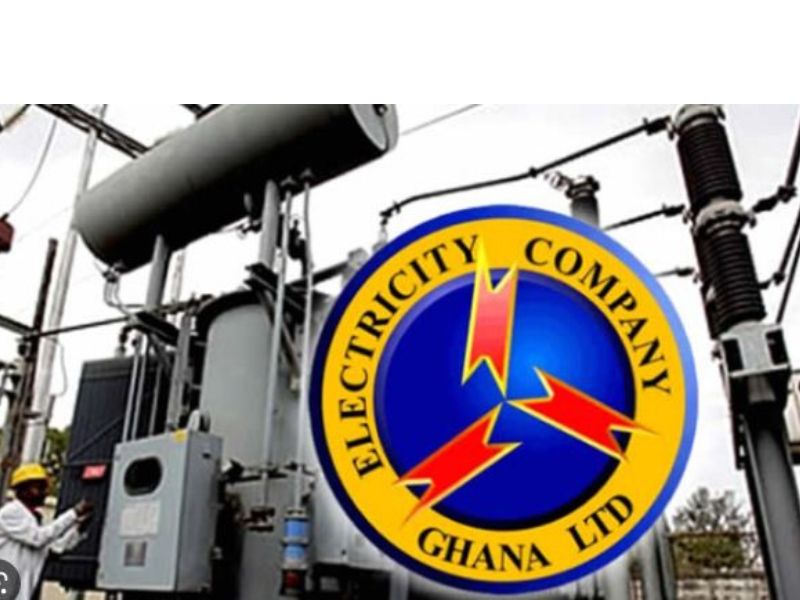The Bank of Ghana (BoG) has disclosed that Ghana is likely to receive its first disbursement of the International Monetary Fund loan by the end of the first quarter of this year should all measures taken be successful.
This response came in answer to a question posed by a journalist about Ghana and the IMF negotiation during the 110th Monetary Policy Committee Press Briefing yesterday.
The Governor of BoG, Ernest Addison, answered, saying: “I think we should have faith; we have to get this Debt Exchange completed; we tried very hard to get the external restructuring also through, and all of that will help us to move the discussion from the Staff Level to the Board, and hopefully, once that is successful, we should get our first disbursement by the end of the first quarter or soon after.”
Dr. Addison indicated that the Government of Ghana had reached a Staff Level Agreement (SLA) with the IMF, which spelt out measures that would put the fiscal on the path of consolidation, and also consistent with the SLA was the 2023 Budget, which has just been passed by Parliament, and frontloads the consolidation efforts.
On the expenditure side, he reinstated the lower capping on transfers to earmarked funds from 25 to 17.5 percent, and the reduction of budgetary allocations to goods and services, as well as rationalisation of executive compensations should help contain expenditures in 2023.
The concerns being expressed in the public domain relating to high government expenditures have been addressed in the SLA and reflected in the 2023 Budget.
110th Monetary Policy Committee
Dr. Ernest Addison again disclosed that the Monetary Policy Committee of the Bank had increased its policy rate from 27% to 28% by 100 basis points.
“In the interim, the MPC [Monetary Policy Committee] sees the need to remain vigilant and moderate liquidity in the system to underpin macroeconomic adjustments taking place to drive inflation on a downward path. Under the circumstances, the Committee decided to increase the policy rate by 100 basis points to 28%,” the MPC, chaired by the Governor of the Bank of Ghana, Dr. Ernest Addison, revealed.
The Governor also said underlying inflationary pressures similarly remained elevated as the Bank’s core inflation measure, which excludes energy and utility, accelerated to 53.2% in December 2022, from 49.7% in November.
“Underlying inflationary pressures similarly remained elevated. The Bank’s core inflation measure, which excludes energy and utility, accelerated to 53.2 percent in December 2022 from 49.7 percent in November. However, the Bank’s surveys on consumers, businesses, and the financial sector showed that inflation expectations eased in December 2022. This indicates agents’ expectations of moderation in inflationary pressures on the horizon,” he mentioned.
On the domestic front, Dr. Addison added that inflation remained elevated in 2022, driven by both demand pressures and supply shocks, hence, the two price readings since the last MPC meeting showed a significant jump in headline inflation to 54.1 percent in December 2022, from 50.3 percent in November, and 40.4 percent in October 2022.
Furthermore, the global economic outlook, he disclosed, remained uncertain owing to broad-based and elevated inflation, policy tightening, worsening financing conditions, and lingering spillover effects of geopolitical tensions and are likely to persist throughout the first half of 2023, driving down confidence and weakening real household disposable incomes in advanced and emerging market economies.










